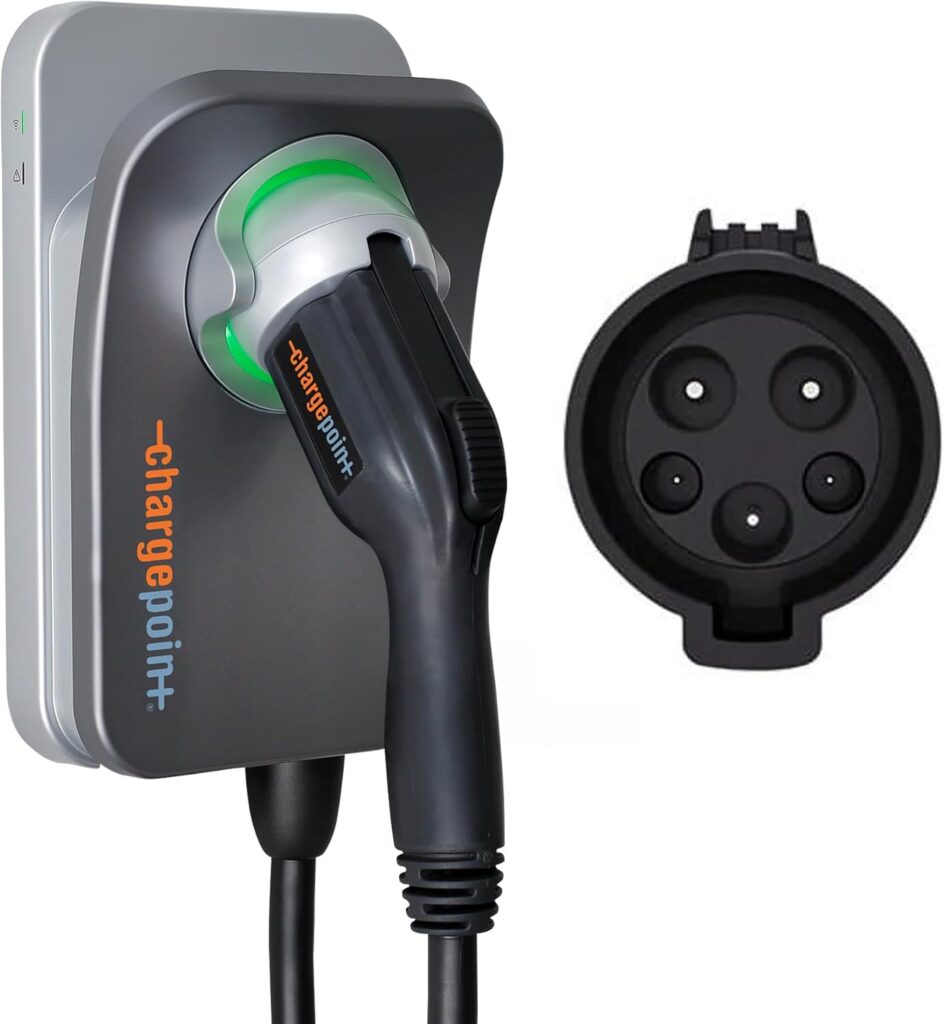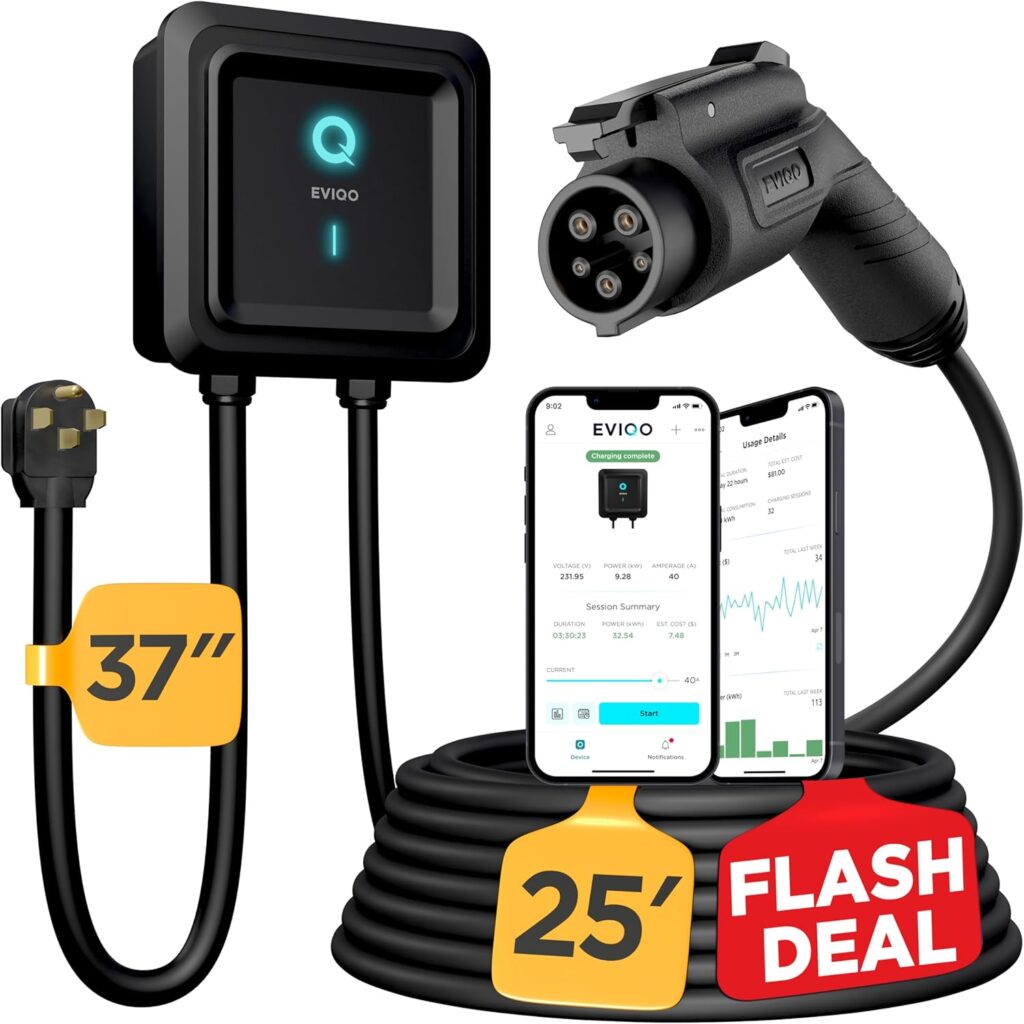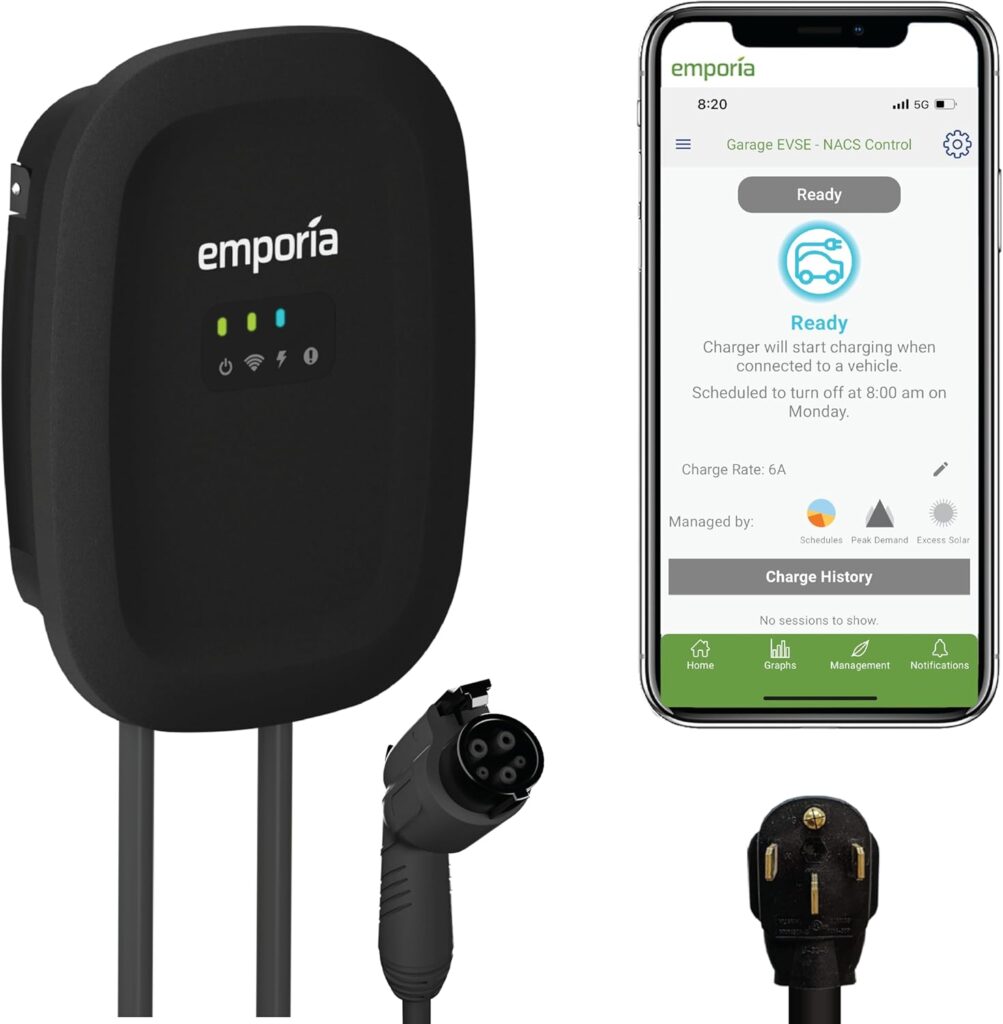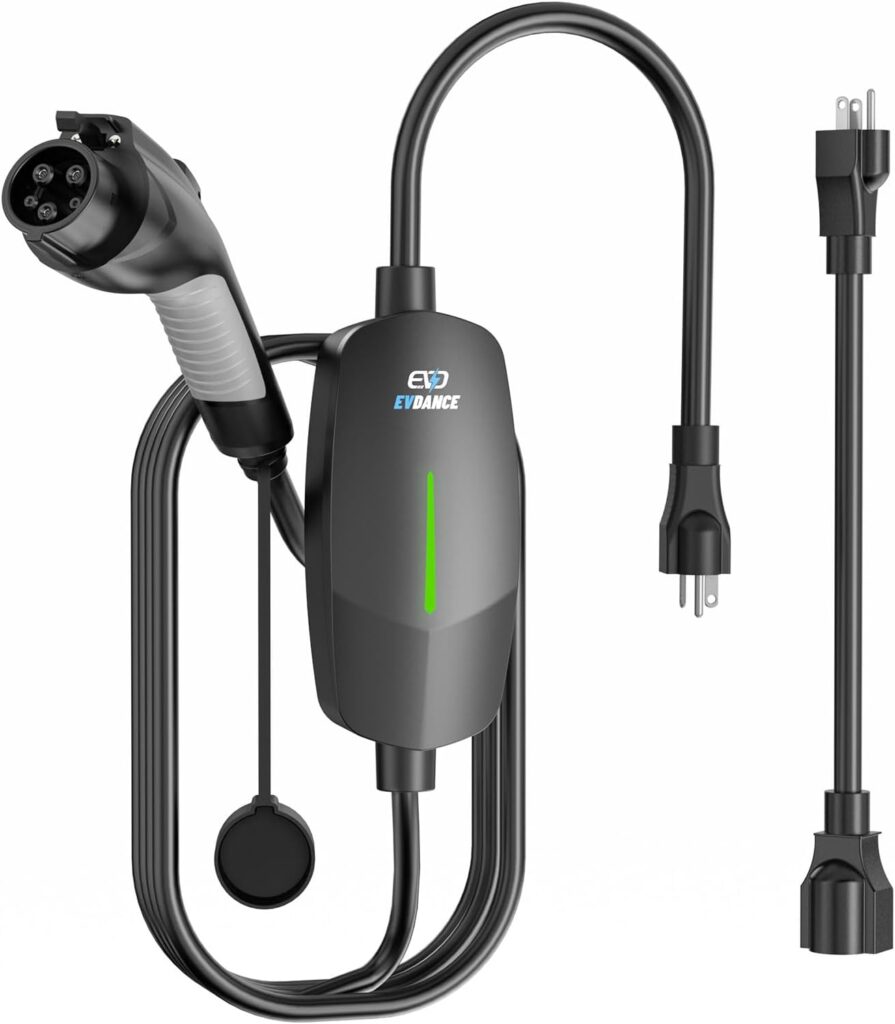Top Trending Factors Shaping EV Charging in 2025
Electric vehicle (EV) charging technology is evolving rapidly, with significant advancements expected in 2025. As the demand for EVs increases, so does the need for efficient, sustainable, and widely accessible charging solutions. This article explores the top trends shaping the future of EV charging in 2025.
Table of Contents
Ultra-Fast Charging Technology
One of the biggest breakthroughs in EV charging technology advancements is ultra-fast charging. High-power charging stations exceeding 350kW are becoming more common, significantly reducing charging times. This innovation is crucial in enhancing EV adoption, as faster charging solutions alleviate range anxiety and improve convenience.
Wireless and Inductive Charging
Wireless EV charging trends are gaining momentum, making EV charging more convenient than ever. Inductive charging pads allow drivers to charge their vehicles without plugging in, offering a seamless experience. This technology is especially beneficial for urban areas, public transport, and autonomous vehicles, where automated charging can optimize fleet operations.
Vehicle-to-Grid (V2G) Integration
V2G technology enables EVs to interact with the power grid, contributing to energy storage and redistribution. This innovation allows EV owners to sell excess energy back to the grid, promoting sustainability and reducing electricity costs. The future of EV charging in 2025 is closely linked to grid integration, ensuring a stable and efficient power supply.
AI and Smart Charging Systems
Smart EV charging systems powered by AI are revolutionizing energy management. Predictive maintenance, load balancing, and intelligent scheduling help optimize charging efficiency. AI-driven platforms analyze real-time data to ensure effective power distribution, reducing strain on the grid and minimizing energy waste.
Expansion of Public Charging Networks
The growth of EV charging infrastructure is accelerating, driven by government policies on EV charging in 2025 and private sector investments. Public charging networks are expanding, ensuring widespread accessibility. Companies are also adopting sustainable EV charging solutions by integrating renewable energy sources, further enhancing their environmental impact.
Sustainable and Renewable Energy Integration
Sustainability is a major focus for EV charging technology advancements. Charging stations powered by solar and wind energy are becoming more common, reducing the carbon footprint of EVs. The integration of sustainable EV charging solutions ensures long-term environmental benefits while promoting energy independence.
Battery Innovations and Charging Efficiency
Advancements in battery technology are crucial for improving charging efficiency. Solid-state batteries and enhanced energy storage solutions contribute to faster charging times and increased range. These innovations support the top EV charging innovations in 2025, making EVs more practical for everyday use.
The Rise of Subscription-Based Charging Models
Subscription-based models for EV charging are gaining popularity. EV charging as a service offers flexible pricing plans, allowing drivers to access charging stations based on their needs. These models enhance user convenience and contribute to the overall growth of EV charging infrastructure.
Standardization and Interoperability
Efforts to create universal charging standards are underway to ensure seamless charging experiences across different networks. Standardization improves cross-network compatibility, allowing EV owners to charge their vehicles at any station without compatibility concerns. This development is key to the future of EV charging in 2025.
EV Charging in Smart Cities
Smart cities are integrating EV charging technology into their urban planning. With the rise of autonomous vehicles and connected infrastructure, EV charging infrastructure growth in 2025 will be a critical component of future urban mobility. Governments and private enterprises are working together to develop charging solutions that align with smart city initiatives.
Recommended EV Chargers for 2025
For those looking to invest in reliable and efficient EV chargers, here are some top recommendations available on Amazon:




HomeFlex Level 2 EV Charger J1772, Hardwired Electric Car Charger
- A high-quality, hardwired EV charger with fast charging capabilities. Learn More
EVIQO Level 2 EV Charger – 48 Amp, 240V Electric Vehicle Charging Station
- Features a 25′ cord, energy-efficient charging, and UL certification. Learn More
EMPORIA Level 2 EV Charger – NEMA 14-50 EVSE w/ J1772 Charger
- A WiFi-enabled, 48-amp charger with a 24ft cable for convenient charging. Learn More
Level 1&2 EV Charger, Portable Charging Station with 25FT Cable
- Offers both Level 1 and Level 2 charging with NEMA 6-20 & NEMA 5-15 plug compatibility. Learn More
Conclusion
The EV charging landscape is set for major transformations in 2025. From ultra-fast charging and wireless solutions to AI-driven systems and renewable energy integration, these trends are shaping the future of EV mobility. As the industry continues to evolve, staying informed about the latest EV charging technology advancements will be essential for manufacturers, policymakers, and consumers alike.
Shah Faisal wrote this article.
